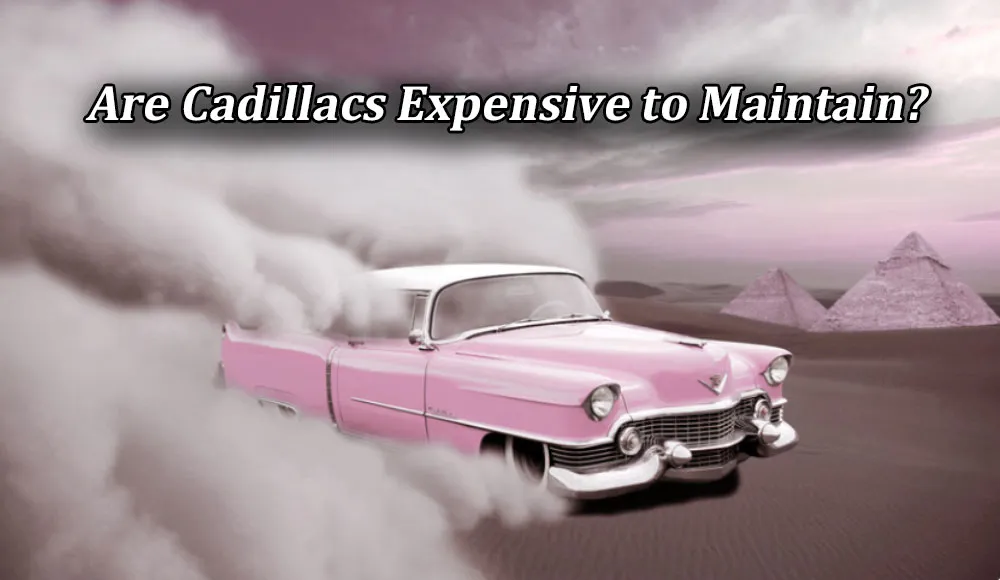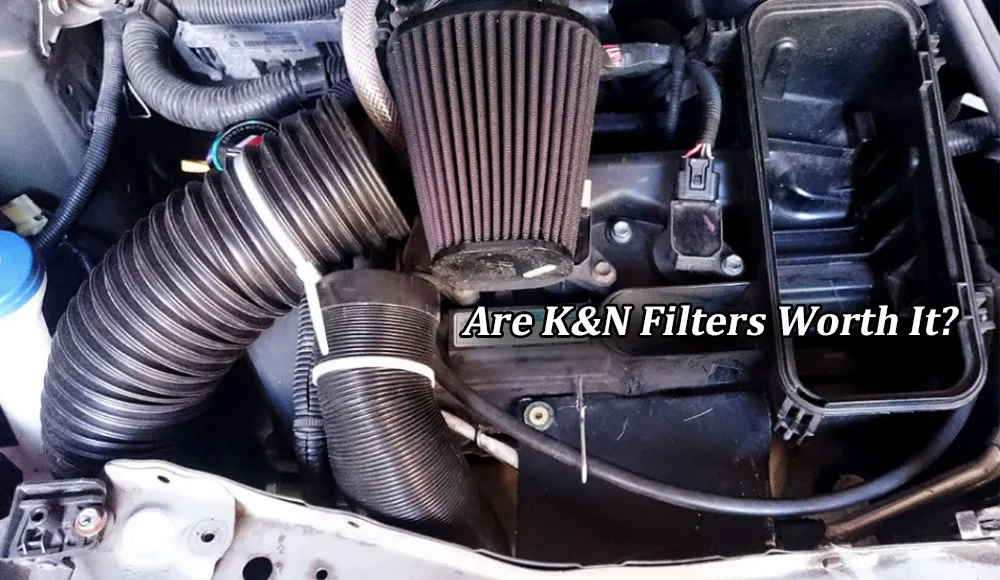As a car enthusiast and a finance geek, I often find myself at the intersection of automotive passion and financial pragmatism. Today, I want to dive deep into a question that’s been on my mind and, I’m sure, on yours too: Is buying a car a good investment? Let’s explore this from various angles to understand the true cost and value of owning a car.

Understanding the Concept of Investment
First things first, let’s clarify what an investment really means. In the financial world, an investment is something you put money into, expecting it to grow in value over time. Think stocks, real estate, or even a rare piece of art. The key here is appreciation. Now, where do cars fit into this picture? Frankly, most cars are depreciating assets. The moment you drive a new car off the lot, its value drops significantly.
The Depreciation Factor
Depreciation is the silent budget killer in the car ownership world. It’s the decrease in value of your car over time. For new cars, the first few years are particularly brutal, with some models losing up to 50% of their value in the first three years. Even used cars, while they depreciate at a slower rate, lose value. The rate of depreciation varies depending on the make, model, and market conditions, but it’s a universal truth for the vast majority of vehicles.
Costs Associated with Car Ownership
Owning a car isn’t just about the purchase price. There are ongoing costs to consider: insurance, maintenance, fuel, registration, and taxes. These can add up to a significant amount over the lifetime of the car. For instance, routine maintenance and unexpected repairs are a constant part of the car ownership experience. These expenses chip away at any value you might perceive in car ownership from an investment standpoint.
Cars as a Necessity vs. Luxury
It’s crucial to differentiate between cars as a necessity and as a luxury. For many of us, a car is essential for daily commutes, running errands, or family logistics. In these cases, the value of a car is in its utility, not its potential financial return. However, for others, a car might be a luxury or a collector’s item. In such scenarios, the car could potentially be an investment, especially if it’s a rare or classic model.
Alternative Perspectives on Car Investments
There are exceptions to the rule. Classic cars, rare models, and potential collectibles can appreciate in value. However, this market is niche and requires expertise, not to mention a significant initial investment and ongoing maintenance costs. It’s a high-risk game and not one for the casual buyer or the faint-hearted.
Comparing Cars with Other Types of Investments
When we stack up car investments against other types like real estate or stocks, the differences become stark. Real estate often appreciates over time, and stocks, while volatile, have historically provided substantial returns over the long term. Cars, in most cases, don’t offer this potential for appreciation and can be more of a financial liability than an asset.
Conclusion
In wrapping up, it’s clear that from a purely financial perspective, buying a car is seldom a good investment. The depreciation, alongside the myriad of associated costs, makes it challenging to justify a car as a financially appreciating asset. That said, the value of a car can’t always be measured in dollars and cents. The convenience, mobility, and sometimes sheer joy a car provides can outweigh its financial drawbacks.
If you’re considering buying a car with investment in mind, it’s crucial to do your homework, understand the market, and go in with realistic expectations. Remember, a car is, for most of us, a tool or a source of enjoyment, not a financial investment. So, choose wisely, spend sensibly, and enjoy the ride – both literally and figuratively.


